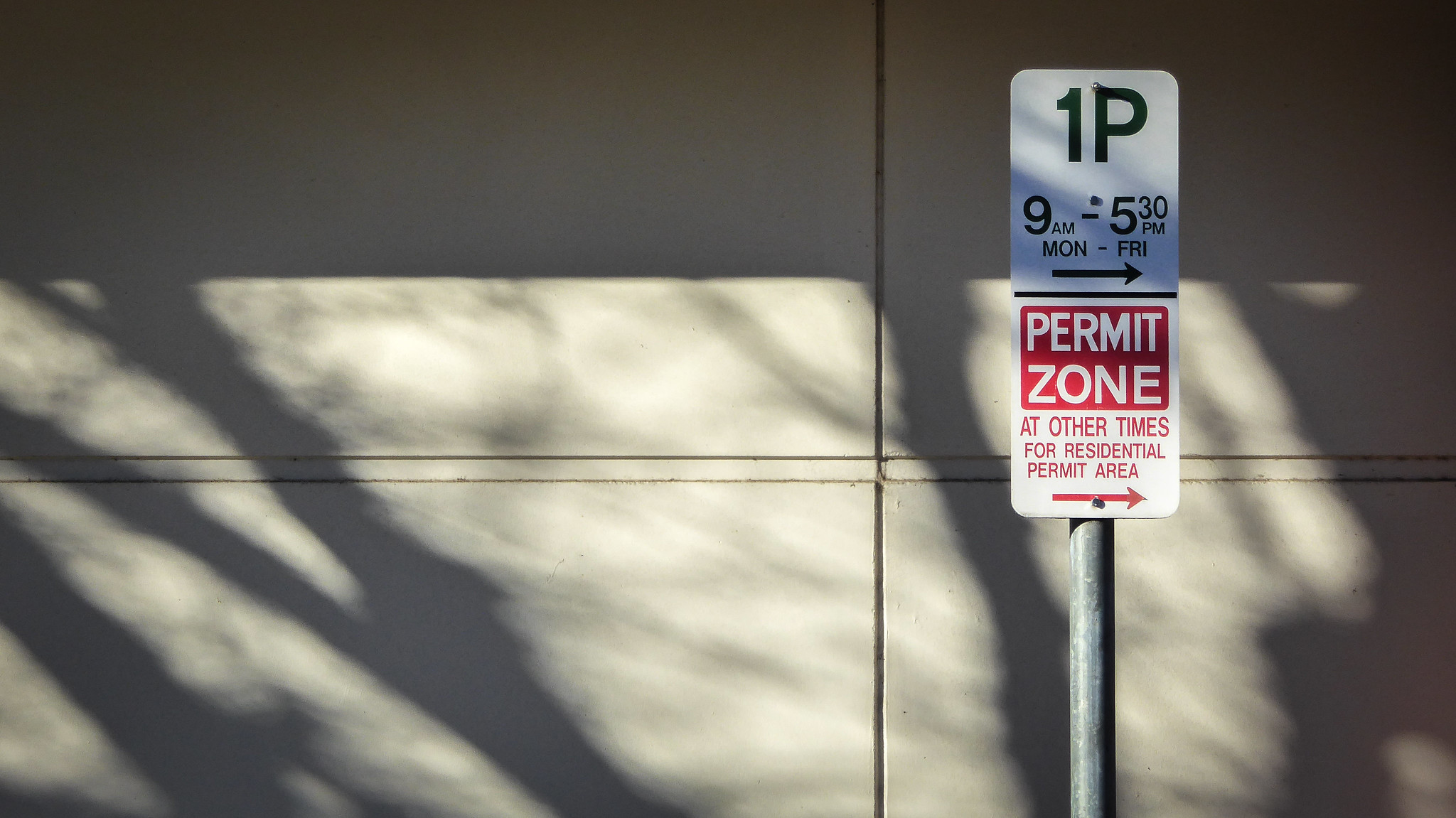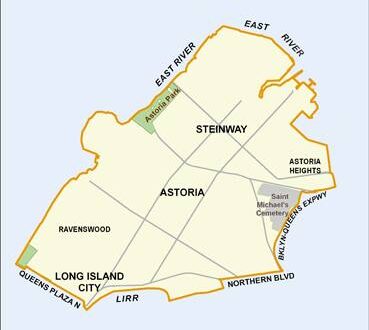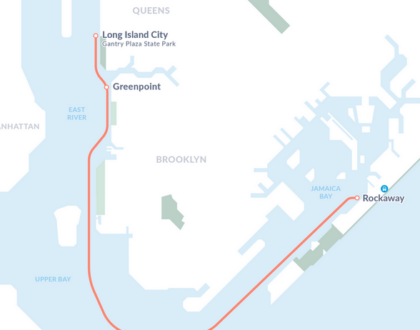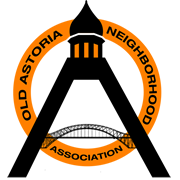Residential Parking Permits and Congestion Pricing


With the likelihood that Congestion Pricing (Tolls for driving into Manhattan) will soon be approved, we at OANA appreciate our elected officials seriously exploring Residential Parking Permits. Queen’s Chronicle recently published Albany floats city parking permit plan which includes the OANA position.
This is especially important for those areas in the outer boroughs, especially Queens, that sit next to Public Transportation into Manhattan.
We are not against the implementation of Congestion Pricing, for it will definitely help control vehicular traffic in Manhattan. However, always be aware of unanticipated consequences, and chief among those would be the loss of parking in the outer boroughs. We feel there is a likelihood that local parking will be taken up by drivers from outside the neighborhood to avoid congestion parking tolls.
We support the transfer of the power to institute Residential Parking Permits from the State to the City, however without the guide rails in the current bill. The fee structure, % of permitted spots, times, etc should be determined by the local government, based upon the needs of each affected neighborhood, not the State.
Most major cities in the USA currently have some sort of Residential Parking Permit program. To think that NYC could not run a successful program is counter intuitive: If Miami can run one, so can we! We have been losing residents to other cities because of Quality-of-Life issues. Let’s catch up with the rest of the country.
We also do not support implementation of Permitted Parking at this time. There must be community support, and many want to keep parking free. This would make it a non-starter.
However, if the ability to parking continues to deteriorate, especially after implementing Congestion Parking, such support may be forthcoming, and we would like to be able to implement the program quickly, without State interference.
Many argue that free street parking is a right for everyone, however today we are indeed paying a fee: That fee is from pollution, wasted time, and the psychological frustrations we all
face from cruising the neighborhood looking for parking. Time is money, and our health is priceless!! Also, we have the precedent of permitting fees charged by Parks for use of public land. And the city will soon start charging restaurants for the street sheds seating.
Astoria is especially vulnerable, as we are close to Manhattan, next to major highways and Bridges, and have Bus, Ferry, and Subway service directly into Manhattan.
If instituted, following are important issues that must be addressed:
- Permits should only apply overnight: Parking during the day should not be affected. Each neighborhood should be studied to determine the best times and fees to implement these regulations, considering its retail, commercial interests, number of “Local” vehicles, and public transit options. (Fees do not have to be constant for all neighborhoods)
- Dedicated Handicap Parking spaces must be provided for holders of NYC Disability Parking Permits (Not the state issued ones. NYC Permits are confirmed by City Doctors, and are much less likely to be abused.)
- The fee structure must be high enough to cover the cost of enforcement. Without enforcement, this program would be useless. Also, funding received from permits should be directed to the local neighborhood to upgrade the environment and quality of life in addition to the MTA to improve local public transit.
- Also, there must a high enough cost so this does not become an incentive for people to purchase cars who do not need them.
- There should be a cap on the number of cars per household or business, again to disincentivize unneeded car ownership.
- People should be required to get a NYS License Plates instead of all the fraudulent out of state licenses we see on the streets, raising revenue for NYS.
We need to provide a stable parking environment to those in the outer boroughs who depend on their vehicles for their quality of life and work, without encouraging the purchase of more vehicles for more frivolous reasons. This is a fine line to tread, but we do believe this is an attainable goal.
Recommended Posts


Community Board 1 Opens Applications for Public Members
July 25, 2024


New E-Bike Safety Measures Introduced
July 25, 2024


LIC to the Rockaways: All Aboard!
July 22, 2024
